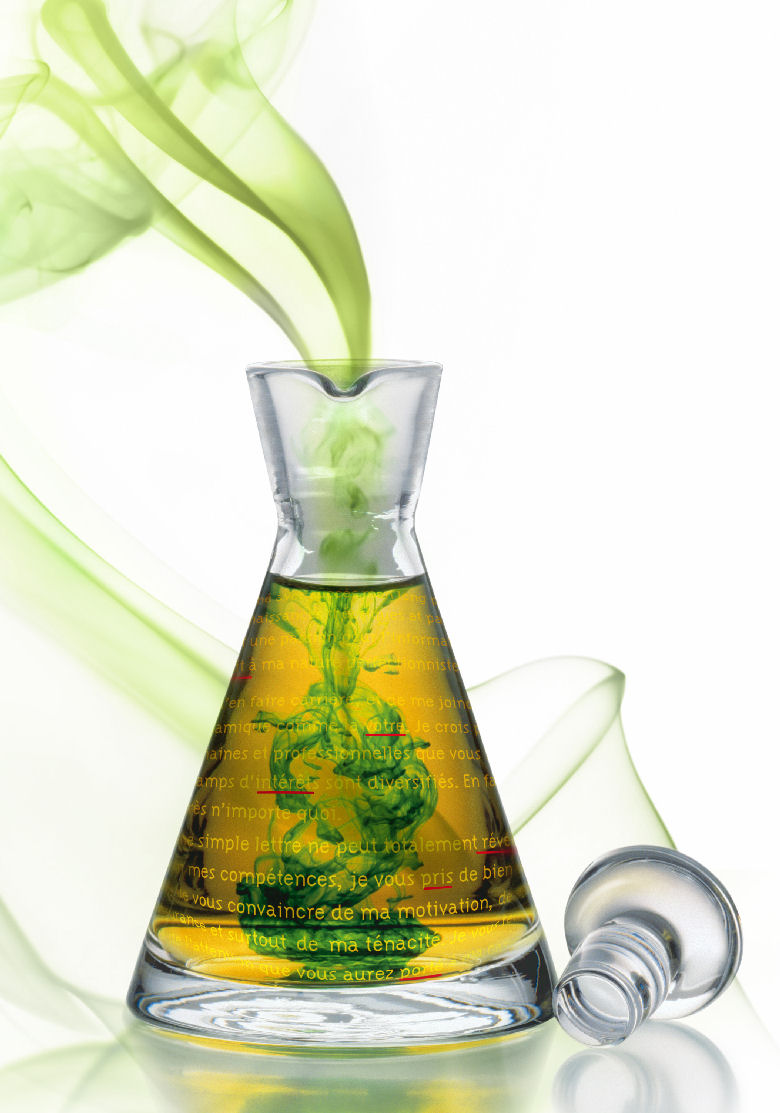250.WHAT IS AN ANTIDOTE?
Nobody ever needs an antidote unless he has been poisoned. An antidote by itself has no meaning. It is a substance which prevents the action of a poison. And a poison is any substance which produces harmful or deadly effects on living tissue.
There are basically four kinds of poisons, divided according to the way they affect the body. Corrosive poisons (like strong acids) destroy tissues locally. Irritant poisons produce congestion of the organ with which they come in contact. The next kind of poison, neurotoxins, affect the nerves within the cell. And finally, the hemotoxins combine with the blood and prevent oxygen from forming hemoglobin. Carbon monoxide (such as comes from the exhaust of an automobile) is a hemotoxin. It causes death because the blood is deprived of oxygen that nourishes the tissues and brain.
In treating cases of poisoning, three things are usually done immediately. The first is to dilute the poison. This is done by having the patient drink as much water as possible. The next step is to empty the stomach, and this is done by inducing vomiting. Then a specific antidote is given against the particular poison.
Antidotes act in several different ways in preventing the action of a poison. One way is by combining chemically with the poisonous substance, thus making it harmless. For example, soda combines with an acid, vinegar combines with lye.
An antidote may also act physically by coating the mucous membranes with a protective layer. Olive oil and milk act as antidotes in this way. A third way antidotes may work is by absorbing the poisonous substances on the surface of finely divided particles. Charcoal acts in this way. Some antidotes actually produce the opposite effect from the original poison in the body, and so they counteract the action of the poison. Of course, one of the chief things a doctor tries to do in a case of poisoning is to eliminate the poison from the body, and there are many ways to accomplish this.
The best rule to follow is prevention. Poisonous substances should be kept where children cannot get at them, and products that contain poison should be clearly marked and carefully stored.



Leave a Reply